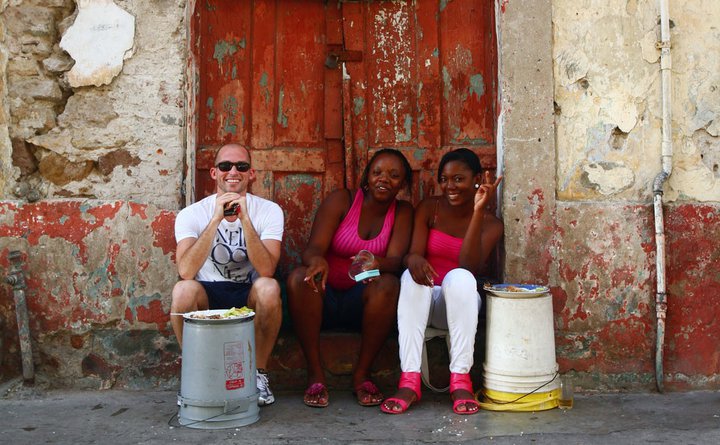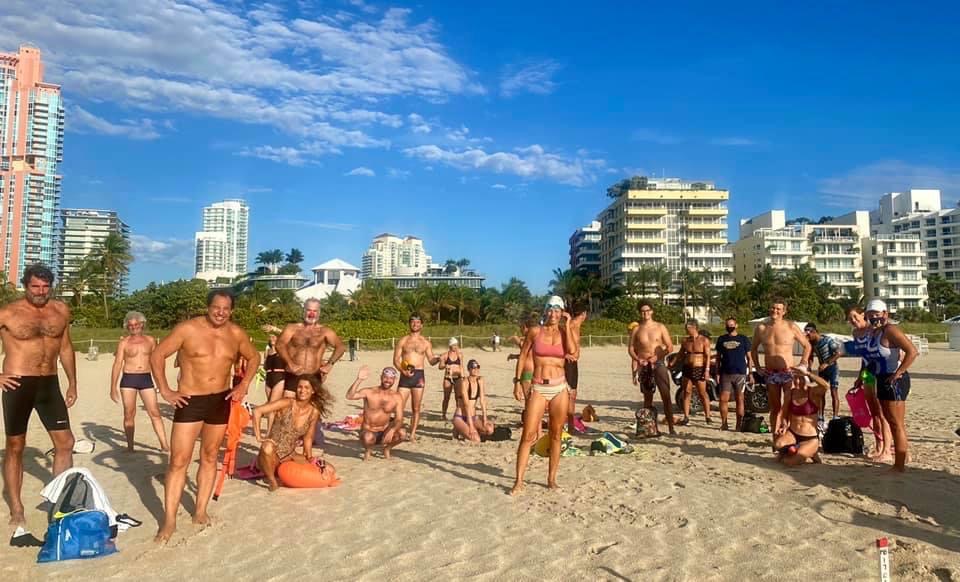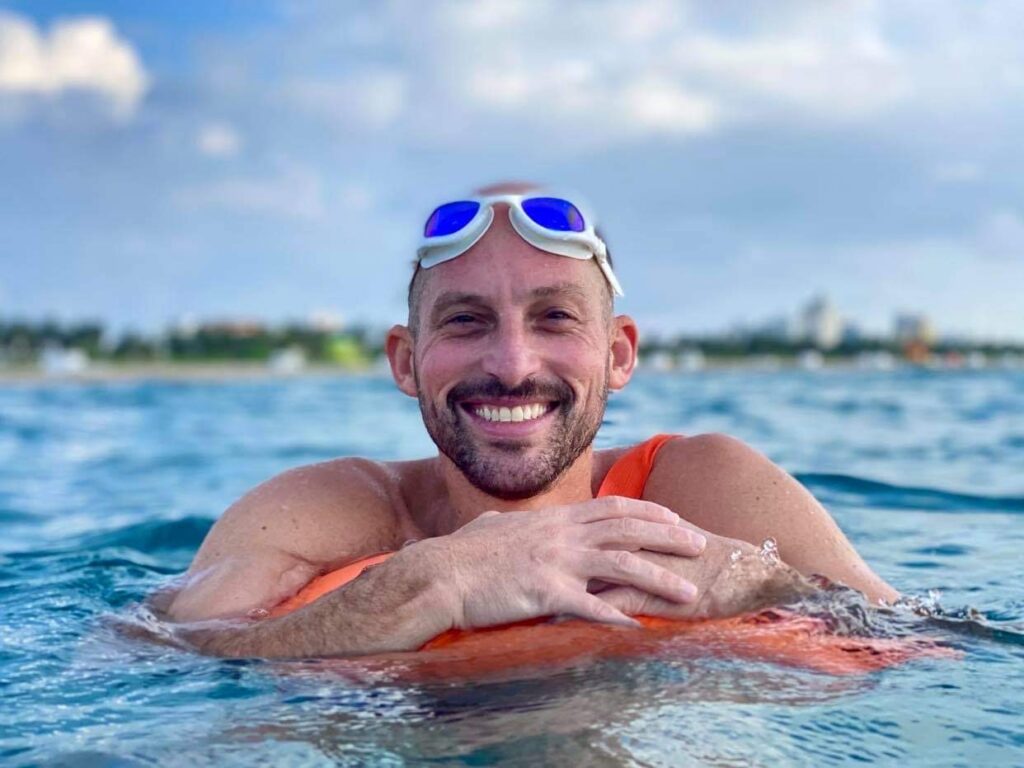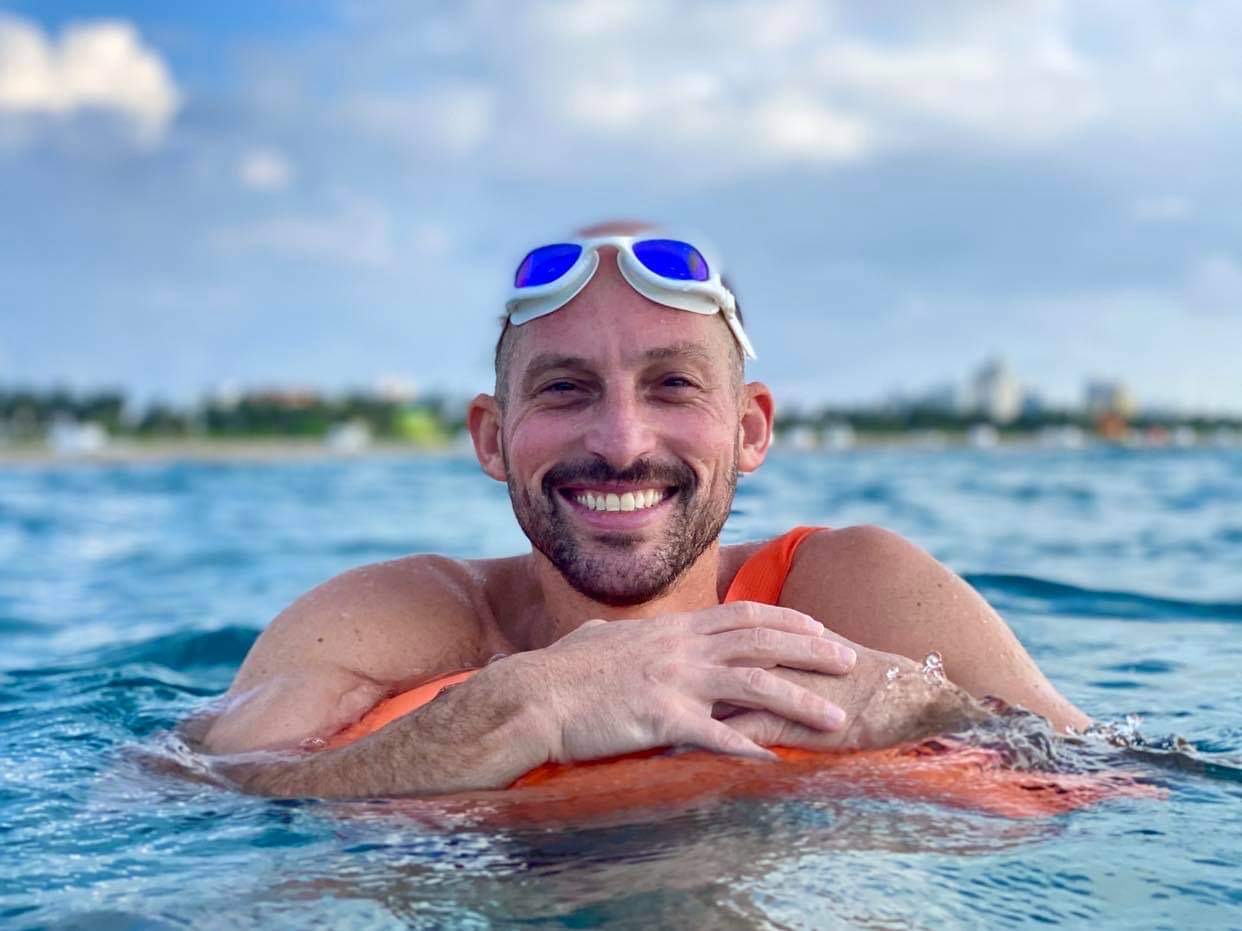I relocated to Miami Beach last month and the response from every friend, colleague, and client was, “Why?”
Not “oh how interesting, I’d love to learn Why?”
More like “are you fucking crazy, Why would you do that?”
And I can see where they were coming from. After all, choosing to relocate during a pandemic is crazy enough. Only a complete idiot would move to the epicenter of the storm.
But my answer to Why actually starts with When.
I decided to move to Miami when, after spending three months in quarantine with my family — each of whom I still love dearly — I woke up one morning and decided it was time to start a new chapter of my life. Quarantine put a lot in perspective but my biggest epiphany, albeit cliche, was that life is short and we must make the most of our time here.
I had always considered Miami for its location and proximity to home. And for its tropicalness, which I developed a real shining for in my travels. I love Spanish. I love coffee. I love passion. I love futbol.
More specifically, I decided to move to Miami when I realized that COVID in our country was not likely to improve anytime soon. Feeling super fortunate with a low health risk and a small consulting practice that never made me rich, but has provided the freedom to work for myself and remotely, the idea of starting a new chapter in a place I’d always admired felt less like Why? And more like Why Not?
This is a decent attitude for the new world we’re living in right now. That crazy thing you have always wanted to do? You can do it without any regrets or apologies. Use the pandemic as your excuse.
In the span of one week, I asked my landlord in New Orleans for permission to end my lease. I flew home to pack my stuff. I enlisted the help of an incredibly cheap moving company (I now know why). And I rented an apartment in South Beach sight unseen. The famous words “Go West young man” referred to American expansion in the late 1800s where fertile farmland was an ideal place for those in search of opportunity. So appropriately for 2020, I got in my car and did exactly the opposite. I went East.
I moved into a predominantly hispanic block of South Beach and began introducing myself as Mateo. Mateo is the name I chose for myself back in middle school Spanish class. But Mateo is also an attitude I developed while living in Central America. It’s a mindset of being curious, genuine, and kind: that we are guests here meant to leave things better than we found them. And everyone I’ve encountered in my neighborhood seems to live a similar way. They say ‘good morning’ when passing in the streets. They check in on each other. They gossip.

You always hear Miami has beautiful people but in my first few weeks I started to understand what that means. South Beach’s beauty seems less about looks (despite plenty of beautiful faces and tanned bodies) and more about attitudes and life priorities. For example, I was introduced to a group of open water swimmers whose diversity in ethnicity, gender, age and professions is eclipsed only by their positivity. Every one of them united by a common desire to improve themselves a little bit each day.

Dolphins and Rainbows Swim Group
I also met a small group of neighbors who were collecting donations in order to purchase food and supplies for families who are out of work. They do this work every week and they do it with giant smiles on their faces. This beauty is infectious: it’s impossible not to want to join in.
Every resident I’ve met in Miami, upon learning that I am new, says “Miami is weird right now” to which I explain that is OK because I am weird too. And while many of the businesses in South Beach are closed, it’s actually been quite a pleasant time to get acquainted! No traffic to honk when I accidentally turn the wrong way down a one-way street. No lines to complain I’m taking too long to order my empanada. Just a low-pressure environment to ask questions and explore. The same conditions my mother, a professor, says are optimal for her students to learn.
The pandemic is a real concern to everyone I meet. But outdoor living is a constant reminder that life goes on. My local Flamingo park is surreal around sunset where children bike in circles and friends social distance on quilts. The beach (so long as it’s open) is a great equalizer where people from all walks of life go and relax. This lifestyle is such a luxury nowadays. Sunlight — a powerful disinfectant.
I once read a study featuring two completely opposite groups — individuals who won the lottery versus individuals who became amputees. The discovery was that an individual’s happiness level almost always recalibrates after one year. Which is to say, if you are a happy person before the life-changing event, you’ll likely be an equally happy person after. And vice versa: if you are an unhappy person, no single life-changing event will improve that.
In this period of transition, I’m extremely grateful to start my new chapter in a town that is also peeling back layers and entering one of its own. But I’m also grateful to do it surrounded by people who seem to be making the most of a terrible time by connecting and contributing to the place they call home. This is where the change begins.
I wonder how I will look back, say one year from now, on having relocated to the epicenter of the pandemic. I wonder if Miami will have changed. I wonder if my neighbors will still speak to me by then. I wonder if my theory that happy people make for resilient people holds up. I wonder if we’ll still all be wearing masks.
It’s only been a few weeks, but already I have realized that starting a new chapter is supposed to feel weird. That meeting someone at a transition point can be a strange recipe for friendship. And that feelings of discomfort can actually be a good sign that a person, career, neighborhood, or even country has brighter days ahead.


